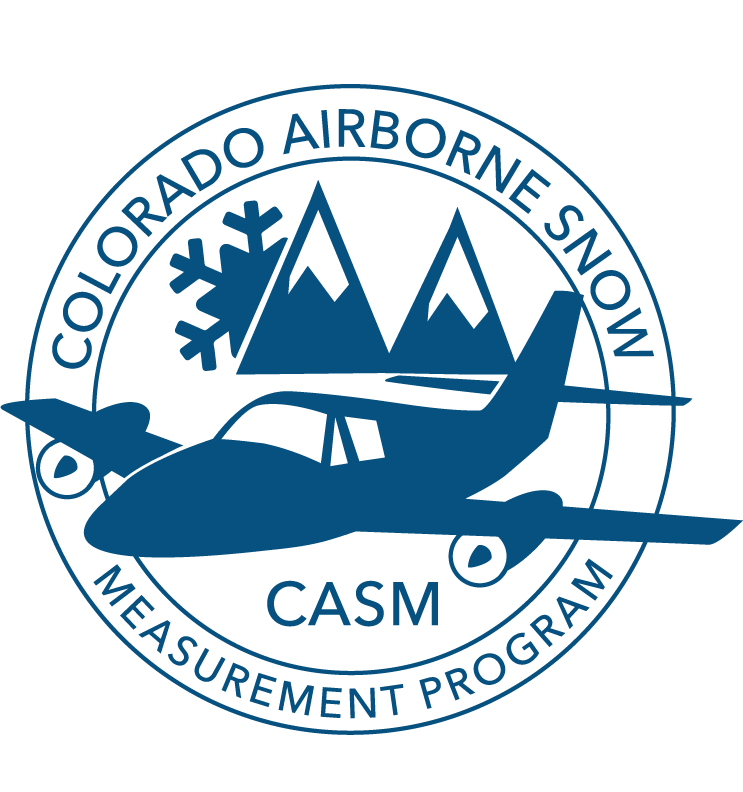Flight Planning and Optimization Meeting
Today we had presentations from Dave Rizzardo at CA DWR on California’s ASO program, and Noah Molotch on the CU-SWE product calibrated and published by his research group.
Part of this ongoing process is to understand optimal flight location and timing to benefit as many stakeholders as possible across the state.
If this program is new to you, and you are interested in participating, please send the project team and email and we can get you involved!
Our next meeting is Wed June 2nd, from 1-3 PM.
Range of April 1st Snow Covered Area and the approximate number of flights required for full coverage
We collected some initial feedback on stakeholder interest and use of snow information. This will be used to help guide our more detailed stakeholder engagement process over the summer.
Here are some specific answers on how snowpack information is used
It is mostly a qualitative look. It informs how much water we lease to ag and whether we estimate annual supply as low or high.
It informs spring reservoir operations.
Mid-winter for weather modification safety triggers.
Forecasting for water availability.
We review snowpack to help with predictions of potential peak flow in Clear Creek and subsequent available water for diversions (reservoir operations)
In conjunction with other "drought" triggers.
Runoff forecasting for flood control operations.
Reservoir management and drought response
Rental amounts
surplus water leasing and reservoir operations
Anticipated volume of runoff into reservoir. To determine allocation shortage or managed release (spill). Small water leasing. Contract allocations
Identify potential low instream flows and make operational decisions about project operations
Peak runoff estimates and timing for water administration.
Scientific process understanding and model development
uses streamflow forecasting for compact obligations/compliance.
Understand boatable opportunities
Streamflow forecasting, reservoir operations, drought planning
Watering restrictions
Irrigation start up and April flows in the 15 M Reach; and early season long term planning
We use it for drought planning and especially early communication with customers.
Operations
Drought planning






